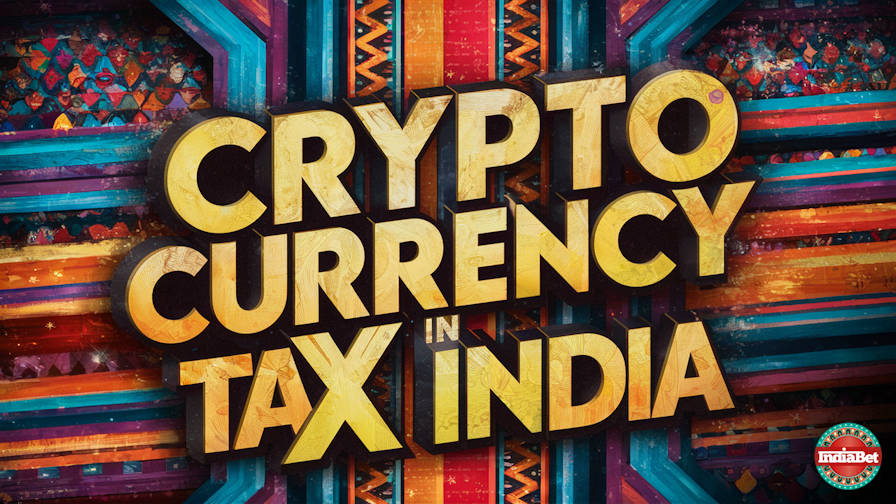
The Indian financial landscape is witnessing the emergence of cryptocurrencies. This article will compare the traditional financial system with cryptocurrency, highlighting potential future applications in India.
Crypto vs TradFi
Cryptocurrency, like Bitcoin (BTC) and Ethereum (ETH), is a digital or virtual currency that uses cryptography for security. Unlike the traditional financial system, which is centralised and regulated by financial institutions and the government, cryptocurrencies operate on decentralised platforms.
Advantages of Cryptocurrency:
- Decentralisation: Cryptocurrencies are not controlled by any central authority, making them theoretically immune to government interference or manipulation.
- Transparency: All cryptocurrency (apart from privacy coin) transactions are recorded on a public ledger (blockchain), ensuring transparency.
- Speed and Accessibility: Cryptocurrency transactions can be made quickly, anywhere in the world, without the need for a bank account. This could potentially improve financial inclusion.
Challenges with Cryptocurrency:
- Volatility: Cryptocurrencies are known for their price volatility. The value of a cryptocurrency can change rapidly, leading to potential financial losses.
- Regulatory Concerns: The regulatory status of cryptocurrencies in India is unclear. There are concerns about their potential use for illegal activities.
- Security Risks: While the underlying blockchain technology is secure, cryptocurrencies are not immune to theft and fraud. If your cryptocurrency is stolen, it cannot be recovered.
Future Uses in India
While the future of cryptocurrency in India depends largely on regulatory decisions, here are some potential future use cases:
- Remittances: India is the world's top receiver of remittances. Cryptocurrencies could make these transactions faster and cheaper.
- Financial Inclusion: Cryptocurrencies could provide financial services to those who don't have access to traditional banking.
- Smart Contracts: These are self-executing contracts with the terms of the agreement directly written into code. They could be used in various sectors, like real estate and healthcare.
- Investments: As the regulatory landscape evolves, cryptocurrencies could become a new asset class for investment.
Taxation
A pivotal aspect influencing the cryptocurrency domain in India is the introduction of a 30% tax on profits from crypto transactions, accompanied by a 1% Tax Deducted at Source (TDS) for crypto exchanges. This taxation framework not only underscores the government's acknowledgment of cryptocurrency transactions but also presents a significant shift towards regulating this digital asset class. The high tax rate may pose a deterrent to potential investors, affecting the liquidity and trading volumes within Indian crypto exchanges. Additionally, this regulatory measure necessitates stringent compliance and record-keeping by both traders and exchanges, potentially impacting the broader adoption and use cases of cryptocurrencies in the country.
In conclusion, while cryptocurrencies offer exciting possibilities, they also come with their own set of challenges, including a complex regulatory and taxation environment. As we move towards an increasingly digital future, understanding the nuances of these new technologies becomes crucial. Knowledge is power, and staying informed will empower you to navigate the evolving financial landscape.
Cryptocurrency offers advantages of decentralisation, transparency, and speed, but faces challenges of volatility, regulatory concerns, and security risks.






 90%84%
90%84%



